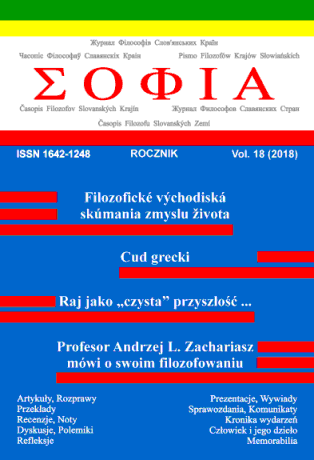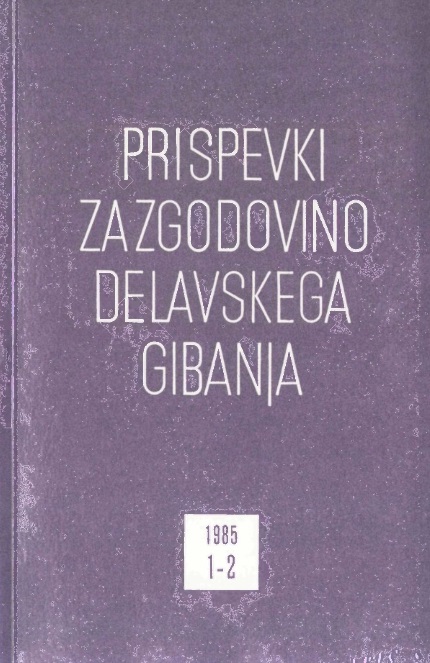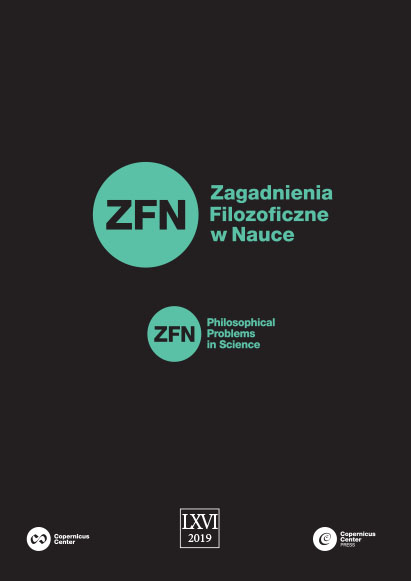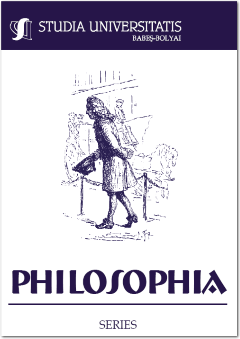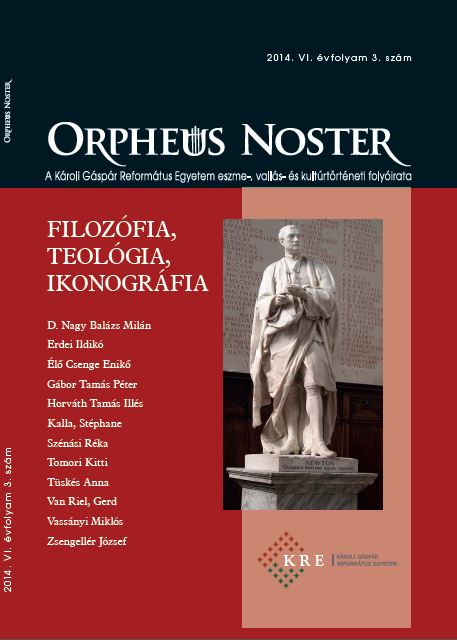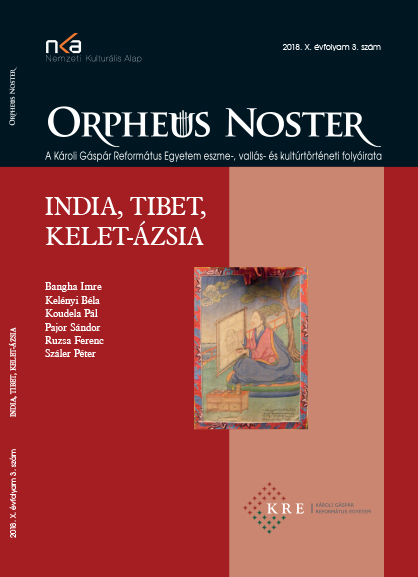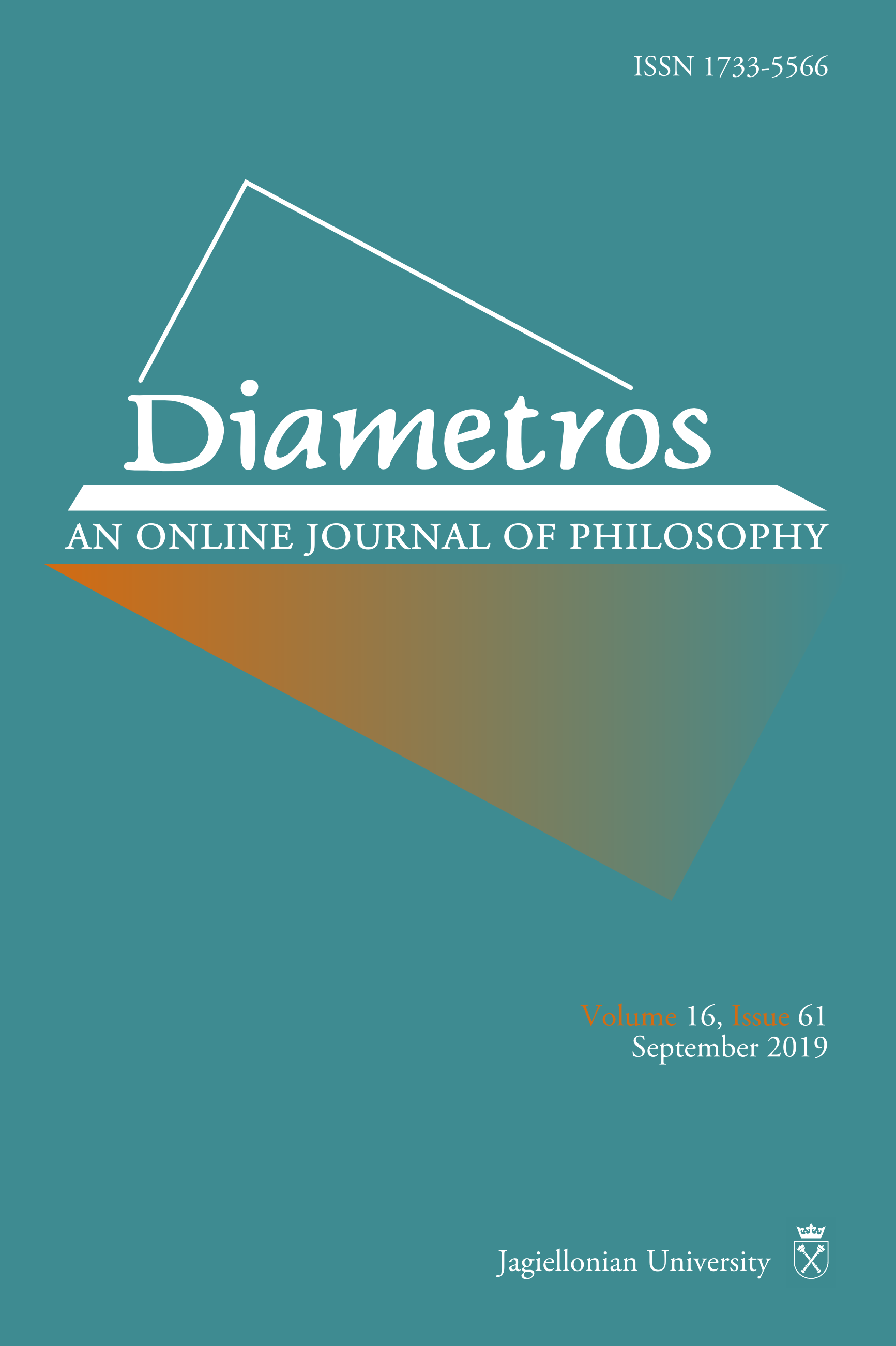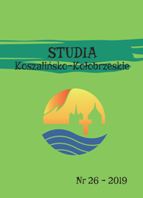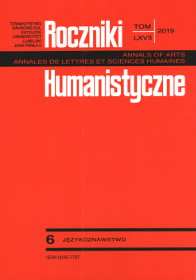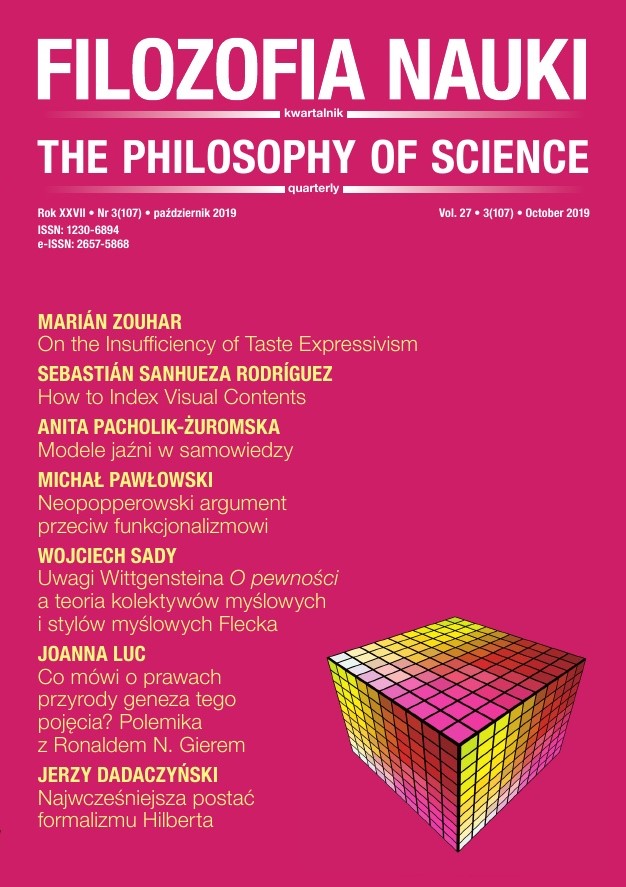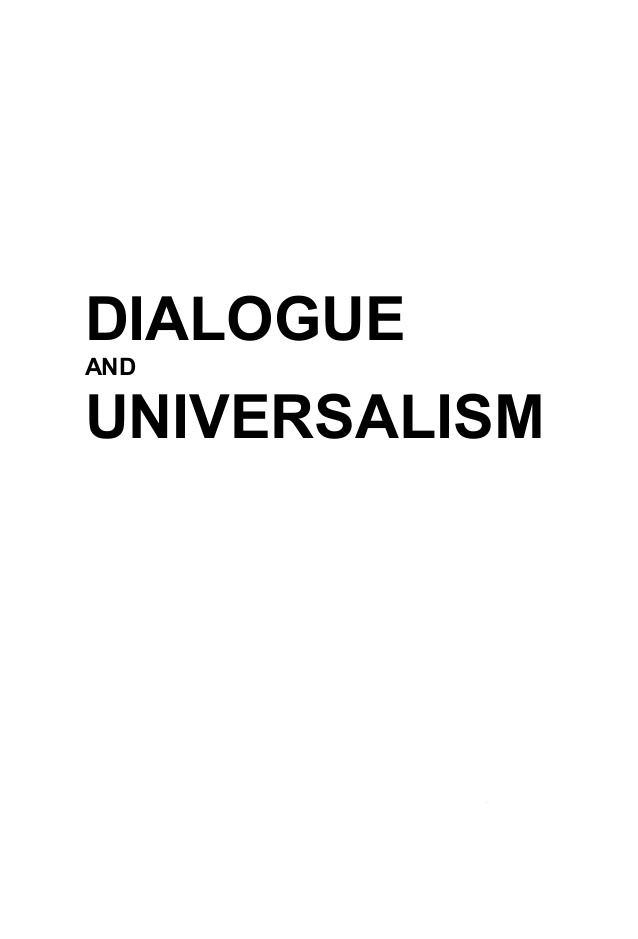
LUDWIG WITTGENSTEIN: PHILOSOPHIZING AS THE GESTURE OF KEEPING SILENT
Ludwig Wittgenstein’s philosophizing is deeply ontological, and can be defined as a reflexive gesture of keeping silent. The silence secured by reflexing is an essential part of a philosophy. A philosopher has to use language, but things that pass over in silence must influence things he or she says. The speech manifests not only in the spoken, but also in the unspoken. How is it possible? Through understanding a reflexive speech as an action or gesture of annihilation of speech. The expressed words in philosophy and expressed philosophical concepts are just means of referring to the ultimate value which should be thrown away immediately because it cannot say anything about the inexpress-ible. The philosophy as a gesture of keeping silent is an attempt to meaningfully keep silent through the constantly evolving reflexive annihilation of your own speech. The philosophizing which takes into account the importance of silence becomes a minimal-istic gesture.
More...
